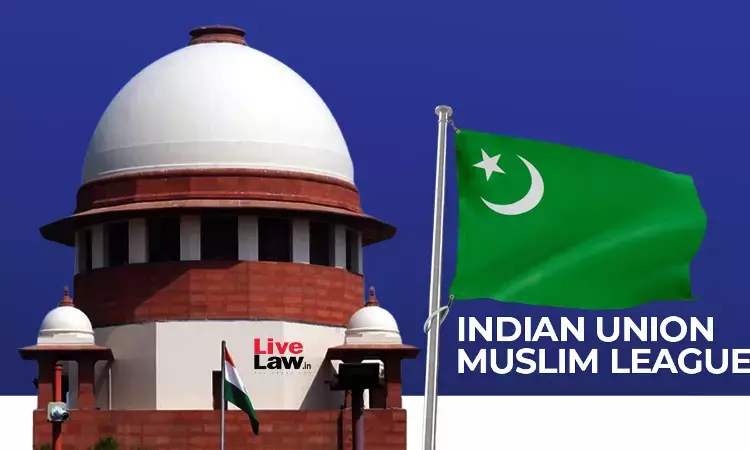Joining the list of petitions challenging the constitutional validity of the Waqf (Amendment) Act, 2025, the Indian Union Muslim League, a political party, has filed an Article 32 writ petition challenging the Act on grounds of violating Article 14, 15, 25 and 26 of the Constitution.The Act is challenged as an "unconstitutional assault on the religious autonomy and personal rights of the...

